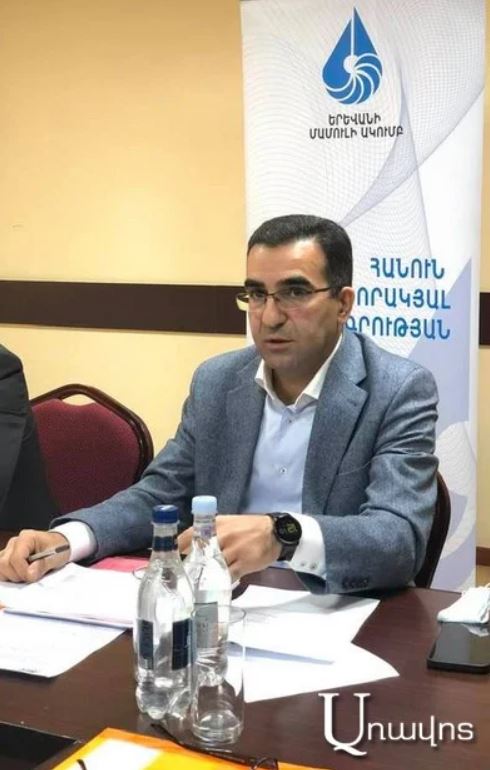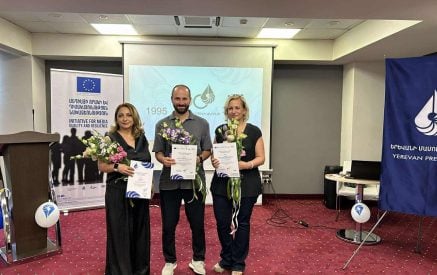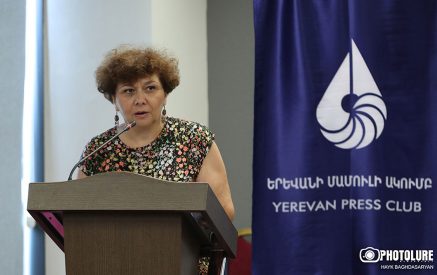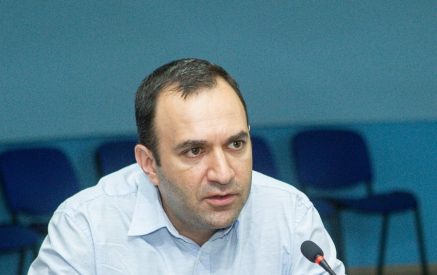“Not only has the visa liberalization agreement not been signed and implemented, but negotiations have not even begun, and there is no word on when they can begin,” Garegin Melkonyan, former First Deputy Minister of Economy and former Ambassador Extraordinary and Plenipotentiary of the Republic of Armenia to the Netherlands, answered a question about what stage the visa liberalization process is in during the seminar organized in Aghveran by the Yerevan Press Club, with the support of the UK Ministry of Foreign Affairs, Cooperation and Development, between October 29-31 titled “Reporting Armenia’s Internal and External Issues in the Post-War Period.”
In response to Aravot’s question about what the reason is- is there no political will or are there other obstacles, Garegin Melkonyan answered, “I just am saying that there is no such visible process.” He said that the current government’s election program clearly stated that they would ensure the signing and implementation of a visa agreement with the EU. The former ambassador said that there are some formal and non-formal details to start the visa liberalization process and explained, “The formal thing is to have a normal package of readmission agreements because you can come without a visa, but in order for Europe to allow such a thing, it wants to be be assured that if someone is going to abuse it and turn it into illegal migration, they have the tools to send those people back.”
According to Garegin Melkonyan, if readmission is stalled on the spot, we will have a difficult way to move forward in terms of visa liberalization. He assured that there is a more serious general political approach to visa liberalization and noted, “I do not think Georgia, Ukraine, or Moldova are in a better position there. Here, too, it must be weighed. However, the fact is that they do not even talk about this process.” According to him, if the process continues at this pace, it will not be possible to talk about visa liberalization for two or three years.
In response to the question of whether the 44-day Artsakh war had an impact on this process, Garegin Melkonyan answered, “I would not link the war with readmission or visa liberalization. If the EU is negotiating and signing an agreement with Armenia, every agreement, including the CEPA, first determines who the parties are. By determining the parties, it sets a clear line between who is which party. We have signed it as the Republic of Armenia, and we must also sign visa liberalization as the Republic of Armenia. Therefore, what you agree on is applicable to that territory, to the citizens of that territory. There is no problem with war here. 2018-2019, especially 2019, was the golden age of this government. Investments were flowing, cars were being brought in, the budget was exceeding itself, the government’s rating was high, there was significant public solidarity, the people accepted the government, and nothing was hindered. Thanks to that five-year privilege of importing cars alone, we had an additional budget revenue of more than 60 billion AMD in 2019. In a way, this was the golden opportunity of this government, which was not used.”
Read also
Tatev HARUTYUNYAN























































